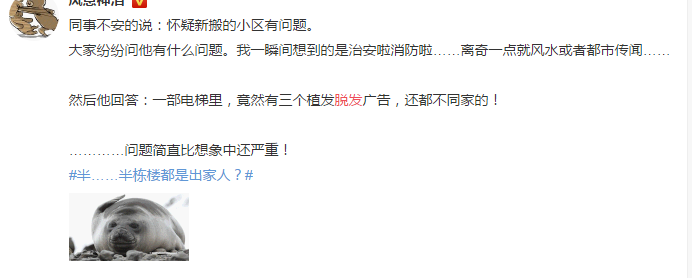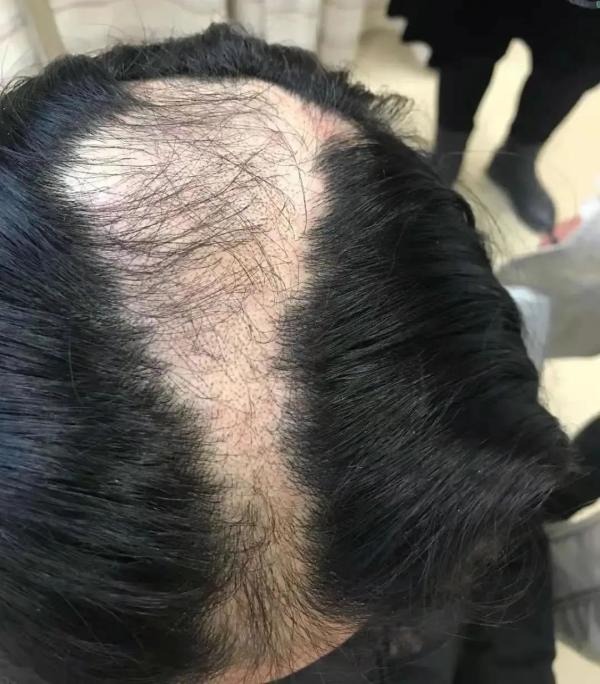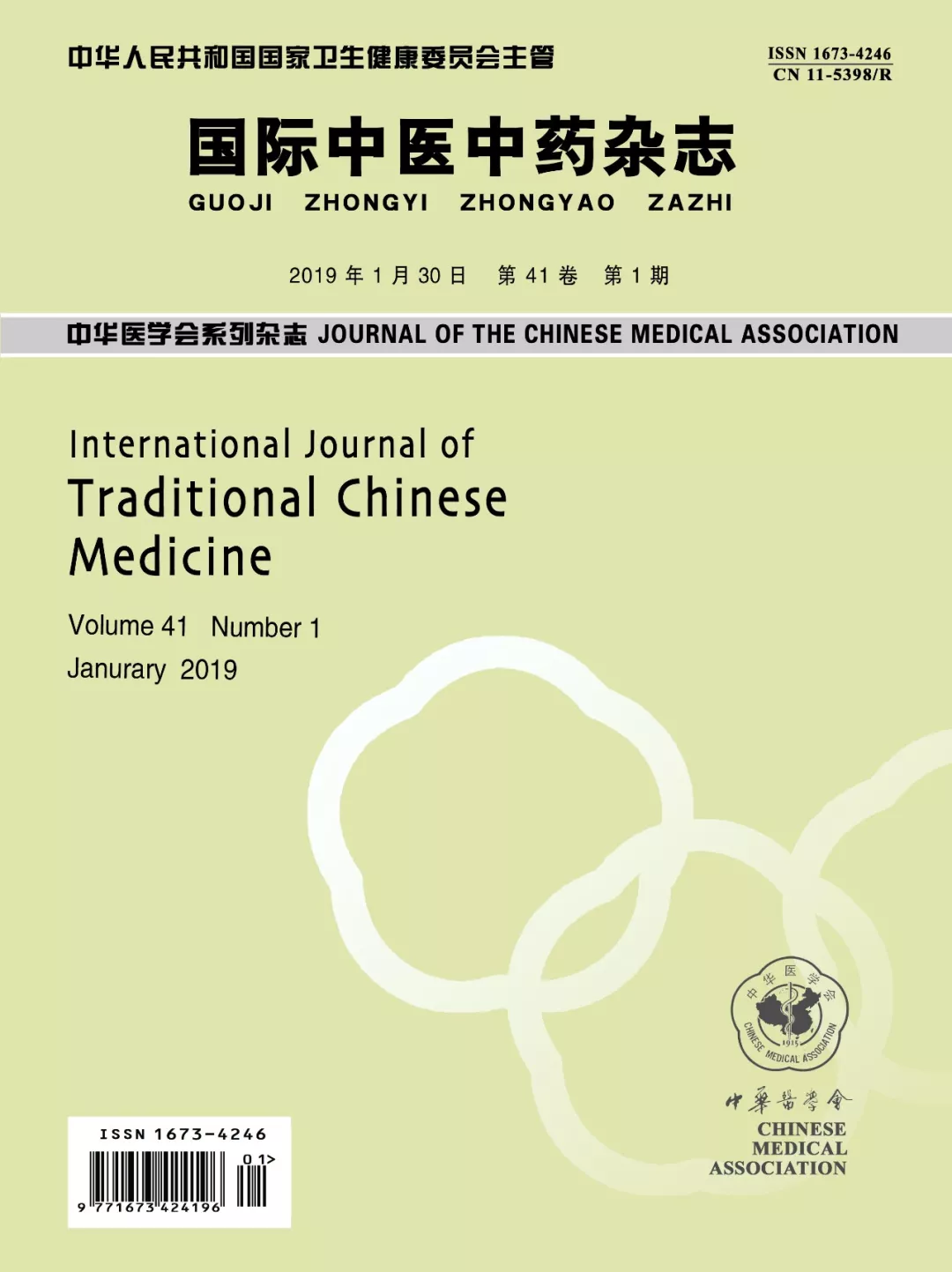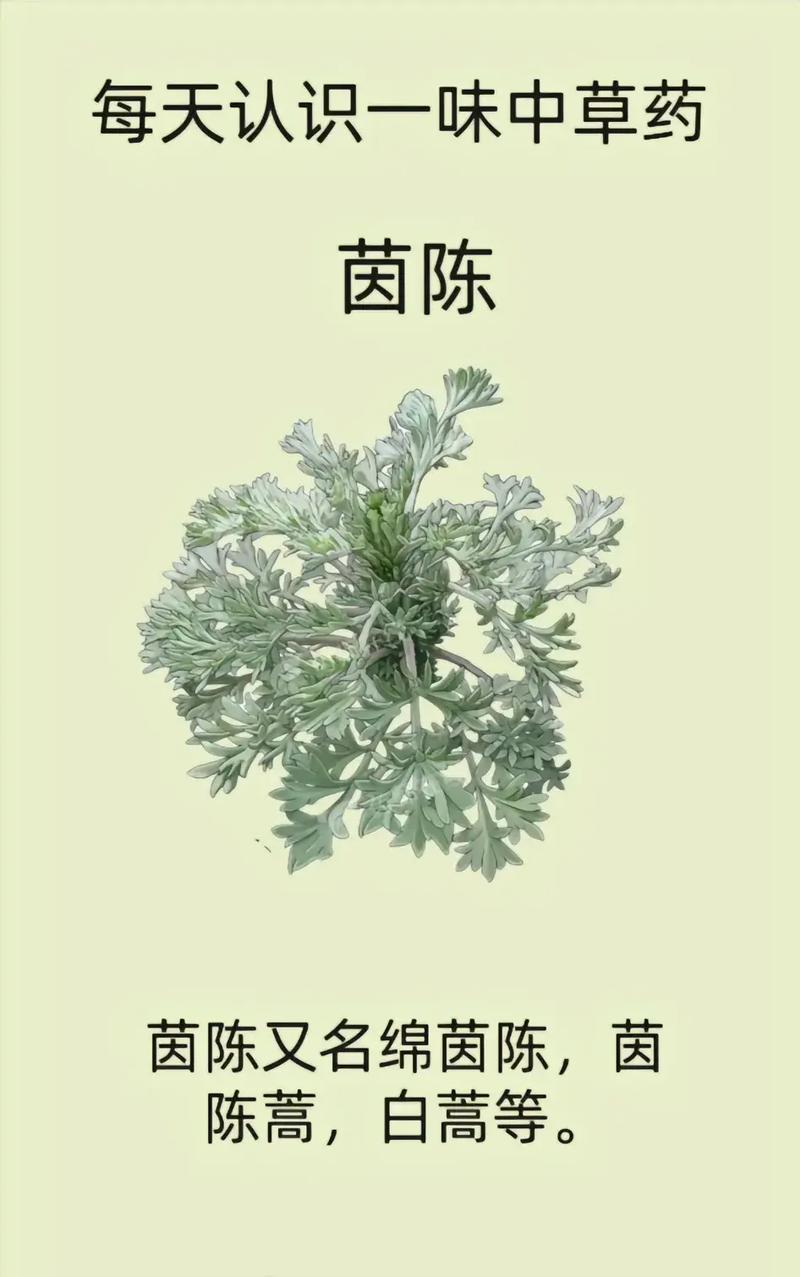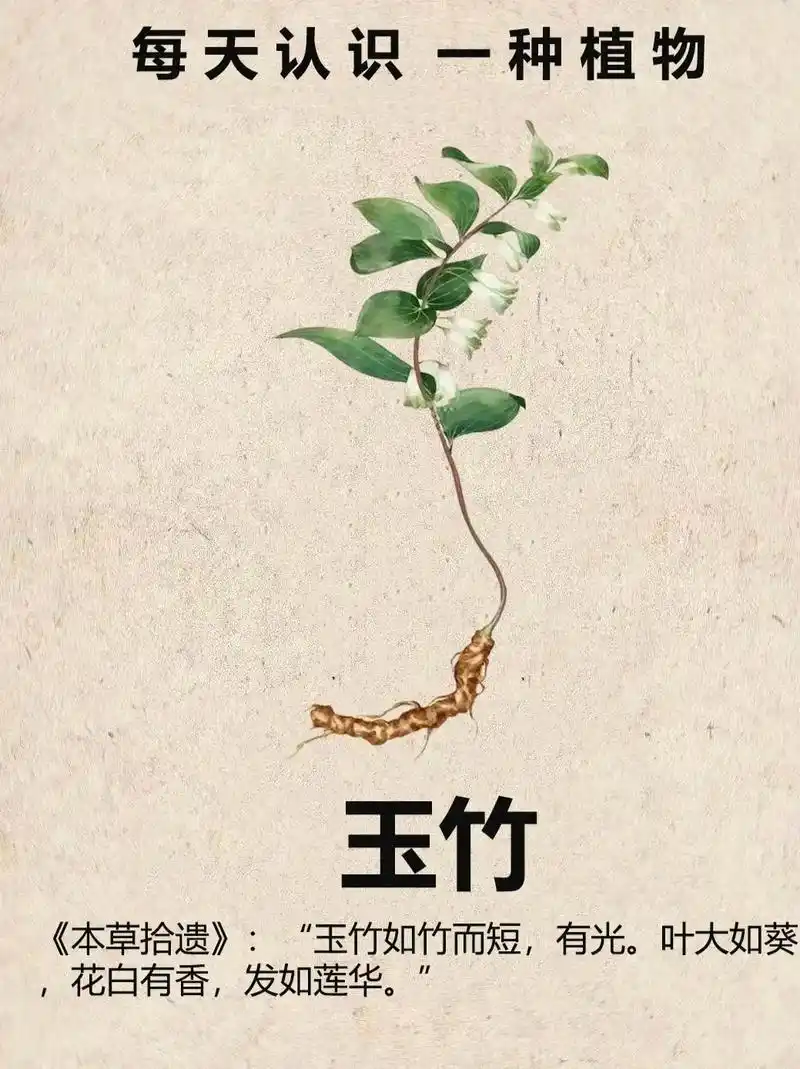胰腺癌引起的体重减轻NaturePodcast
我们会在每周日推送Nature Podcast。欢迎收听本周由Shamini Bundell和Benjamin Thompson带来的一周科学故事,本期播客片段讨论胰腺癌引起的体重减轻。欢迎前往iTunes或你喜欢的其他播客平台下载完整版,随时随地收听一周科研新鲜事。
音频文本:
Interviewer: Geoff Marsh
Weight loss and tissue wasting are early warning signs of several different cancers. In pancreatic cancer, this wasting can come several months before the actual diagnosis. But it’s not just an early warning sign. This muscle and fat wasting phenomenon has long been thought to reduce a patient’s life expectancy. Keeping patients in good shape is key to helping the body withstand the effects of chemotherapy and surgery, for example. A study out this week has now used amouse model of pancreatic cancer to shed light on the functions that go awry in this disease. As is often the case with science, the findings have raised more questions than they’ve answered. For a bit of context, I first called Matthias Löhr from the Karolinska Institutet in Sweden. His research specialises in the function and cancers of the pancreas. He didn’t work on this study but has written an accompanying News and Views article.
Interviewee: Matthias Löhr
First of all, weight loss is an early sign in several cancers, even prior to the diagnosis of a cancer. And there’s something also special with pancreatic cancer, at least the way we looked at it in the past, in that the gland is producing a juice, 1.5 litres on average per day, and then it’s squeezing out this liquid together with the bile and help digest the food. Most of the pancreatic cancer is actually located in the head of the pancreas and are then obstructing the duct, which is leading then to weight loss and tissue loss because you cannot digest food the way you could have done it without the tumour.
Interviewer: Geoff Marsh
So that was one of the theories for how pancreatic cancer causes this fat and muscle wasting. But the matter was by no means settled. To better understand the mechanism behind this wasting phenomenon, I spoke to Laura Danai, first author on the current study.
Interviewee: Laura Danai
So, in this paper we were looking at this fat and muscle wasting that happens with pancreatic cancer. And we wanted to ask whether pancreatic cancer cells themselves are causing this effect, or if it’s something about them growing in the pancreas. And so, what we did is that we took pancreatic cancer cells and wild-type ‘normal’ mice, and we injected these pancreatic cancer cells either under the skin, or we perform a surgery where we exposed the pancreas and injected the cancer cells into the pancreas. We did various iterations of this experiment, but what we found was that the cells that are in the pancreas promote this wasting phenomenon, whereas the cells that were under the skin did not. So, this has suggested that it’s not something that the pancreatic cancer cells do themselves, but rather that it’s something about growing in the pancreas that’s causing this effect.
Interviewer: Geoff Marsh
So, what does this tell you then? When you had the tumour in the pancreas but there wasn’t necessarily an obstructed duct, it still led to muscle and fat wasting.
Interviewee: Laura Danai
We do know that the exocrine part of the pancreas, the part that helps you break down the ood, is somehow involved. And we know that from the diet experiments that we did, where we had mice with pancreatic cancer and either fed them a controlled diet, or a diet that was supplemented with these pancreatic enzymes. And when the mice had this diet that was supplemented with pancreatic enzymes, they had less of the fat wasting.
Interviewer: Geoff Marsh
But then it didn’t actually play out very well for the mice themselves, did it?
Interviewee: Laura Danai
No. So, if you are improving this wasting effect that we see with pancreatic cancer, you would expect that you would also improve survival. And what we actually found was that the mice that had this diet that was supplemented with pancreatic enzymes and they had less wasting, actually had lower survival or died faster.
Interviewer: Geoff Marsh
Matthias and Laura both told me that this is counterintuitive, given that doctors caring for patients with pancreatic cancer, the world over, supplement pancreatic enzymes to patients as a standard of care. This kind of tissue wasting is widely believed to reduce life expectancy, so the team decided to look at someclinical data for humans.
Interviewee: Laura Danai
What ended up happening is that as we were getting the mouse data together, we talked to the collaborators and they had been gathering data for humans for quite a while. They actually had expected to see that the more wasting, the worse survival, and they did not observe that. And so, this was kind of, we both had independently kind of come up with this data and so we were able to join forces.
Interviewer: Geoff Marsh
What do youthink that this paper suggests about whether or not doctors should be trying to reverse the muscle and fat wasting in cancer patients with these supplements?
Interviewee: Laura Danai
So, assuming you could translate mouse studies to human studies, I would say that it may not be as beneficial to try to improve the wasting, because it may lead to worse survival and that wasting is maybe the body’s own way to kind of contain the cancer.
Interviewer: Geoff Marsh
Laura was careful to point out that this is still speculation and that she’s a scientist, not a doctor. So, I posed the same question to Matthias Löhr, who we heard fromearlier, for his perspective as a qualified doctor who works with these patients.
Interviewee: Matthias Löhr
This is a very critical question because for all we know the cancer patient should be in the best possible physical shape. That is to say for the time being, we would of course try to really get every patient the best nutritional support and try to avoid the tissue wasting, because we know this is also linked to ability to withstand, or tolerate rather, chemotherapy, for instance. Having said this, conversely, if you have tissue wasting that does not automatically mean that you will die earlier than those who don’t have tissue wasting, which maybe should lead us to be a little bit more relaxed on the nutritional status of these patients.
Host: Shamini Bundell
That was Matthias Löhr talking with Geoff Marsh. You also heard from Laura Danai. Youcould read her paper and Matthias’ News and Views article over at nature.com/nature.ⓝ
Nature Podcast每周为您带来科学世界的全球新闻故事,覆盖众多科研领域,重点讲述Nature期刊上激动人心的研究故事。我们将话筒递给研究背后的科学家,呈现来自Nature记者和编辑的深度分析。在2017年,来自中国的收听和下载超过50万次,居全球第二。
↓↓iPhone用户长按二维码进入iTunes订阅
↓↓安卓用户长按二维码进入推荐平台acast订阅
点击阅读原文访问Nature官网收听完整版播客


